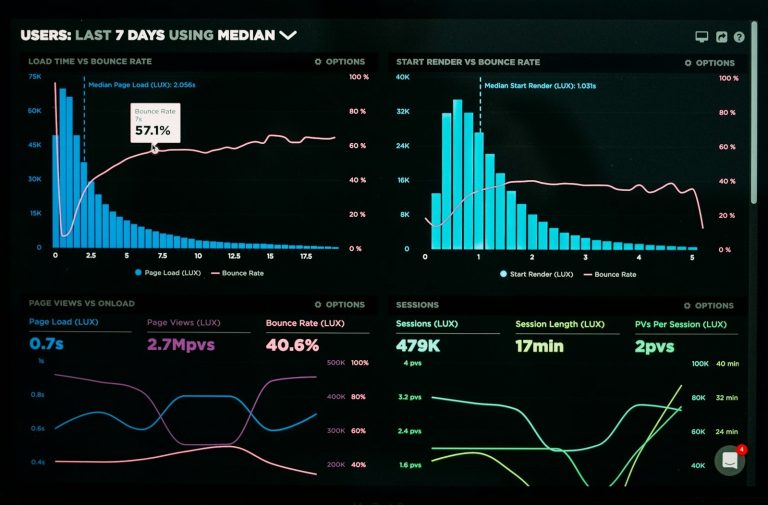In the multifaceted domain of Search Engine Optimization (SEO), performance monitoring emerges as a pivotal component, serving as the compass that guides strategic adjustments and enhancements. This continuous process involves tracking, analysing, and interpreting various metrics to assess the effectiveness of SEO strategies and the health of a website in the context of search engine rankings and user engagement. By diligently monitoring performance, website owners and SEO professionals can identify areas of success, pinpoint opportunities for improvement, and make data-driven decisions to optimize their online presence. This article delves into the essence of performance monitoring in SEO, exploring its significance and the key metrics that are integral to this practice.
Understanding Performance Monitoring
Performance monitoring in SEO is the systematic tracking of a website’s key performance indicators (KPIs) over time. This involves the use of various tools and platforms to collect data related to the website’s visibility in search engines, the quality and quantity of traffic it receives, user behaviour on the site, and the conversion rates achieved through organic search. The ultimate goal of performance monitoring is to glean actionable insights that can inform ongoing SEO strategies and tactics, ensuring that a website remains competitive and responsive to the ever-changing search landscape.
Key Metrics in SEO Performance Monitoring
Several metrics are central to the performance monitoring process, each offering unique insights into different aspects of a website’s SEO health. Among these are:
• Search Engine Rankings: Tracking where a website or specific pages rank for targeted keywords over time. Improvements in rankings can indicate successful SEO efforts, while declines may signal the need for strategy adjustments.
• Organic Traffic: Measuring the volume of visitors coming to the site from search engines. An increase in organic traffic suggests that the site is gaining visibility and relevance in search results, while a decrease may indicate issues that need addressing.
• Bounce Rate: Analysing the percentage of visitors who leave the site after viewing only one page. A high bounce rate can suggest that the site’s content or user experience is not meeting visitors’ expectations.
• Conversion Rate: Assessing the percentage of visitors who take a desired action on the site, such as making a purchase or signing up for a newsletter. Tracking conversions from organic search traffic is crucial for understanding the ROI of SEO efforts.
• Page Loading Speed: Monitoring how quickly pages load for users. Page speed is a known ranking factor and affects user experience, with slower loading times potentially leading to higher bounce rates and lower engagement.
• Mobile Usability: Evaluating the site’s performance and user experience on mobile devices. With the prevalence of mobile search, ensuring a site is mobile-friendly is crucial for both SEO and user satisfaction.
The Importance of Performance Monitoring in SEO
Performance monitoring is indispensable in the dynamic world of SEO for several reasons:
• Data-Driven Decision Making: By providing a factual basis for decisions, performance monitoring allows SEO strategies to be adjusted and optimized based on what the data reveals about what’s working and what isn’t.
• Early Detection of Issues: Regular monitoring can quickly uncover problems, such as drops in rankings or traffic, enabling timely interventions to mitigate negative impacts.
• Competitive Analysis: Tracking performance also involves keeping an eye on the competitive landscape, helping to identify new opportunities and threats in the market.
• Measuring Progress and ROI: Performance monitoring facilitates the measurement of progress towards SEO goals and the calculation of return on investment, demonstrating the value of SEO activities to stakeholders.
Performance monitoring is a vital practice in SEO that enables website owners and marketers to navigate the complexities of search engine algorithms and user behaviour. By focusing on key metrics and leveraging insights gained from performance data, businesses can refine their SEO strategies, enhance their online visibility, and achieve sustained success in the digital marketplace.



